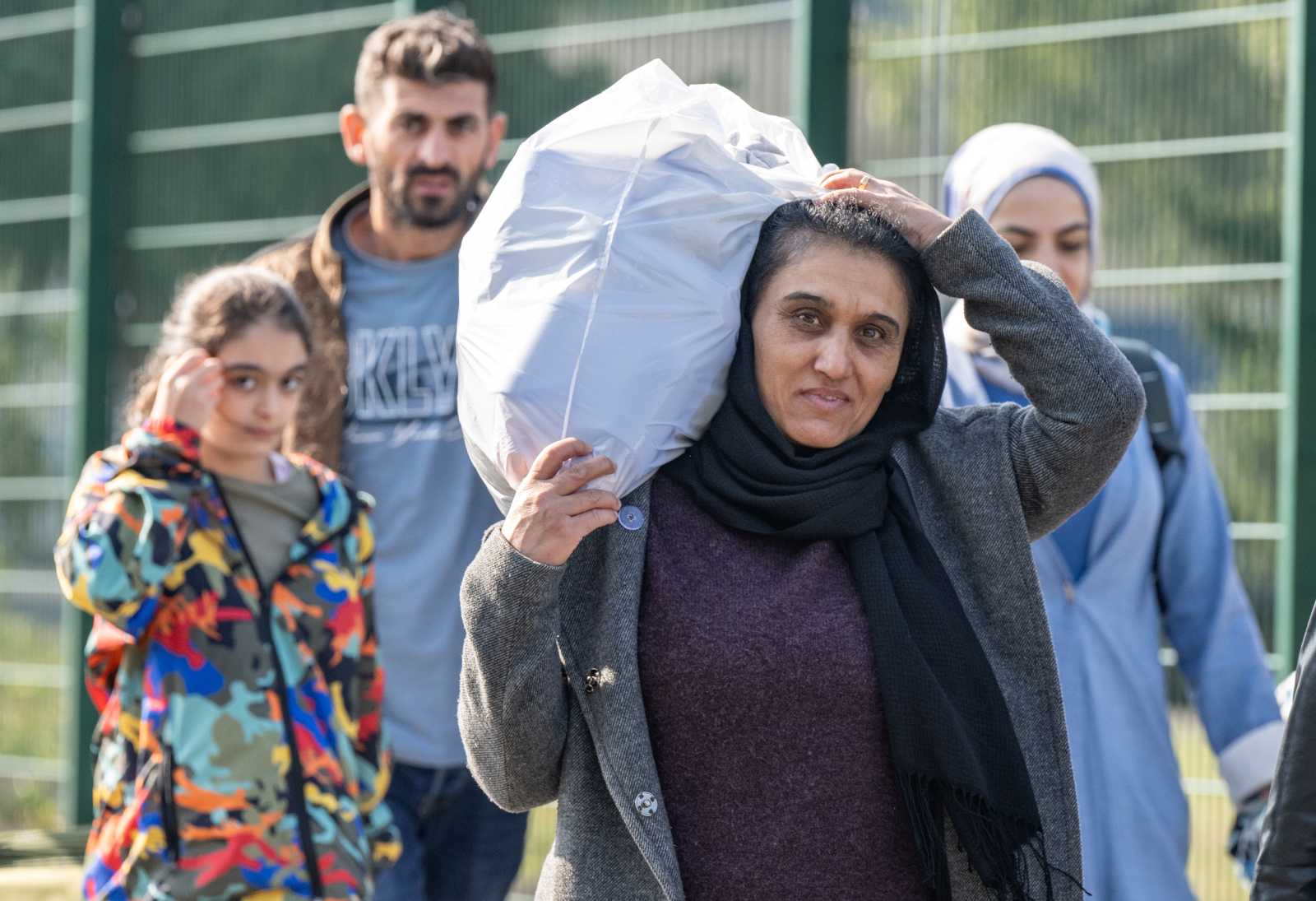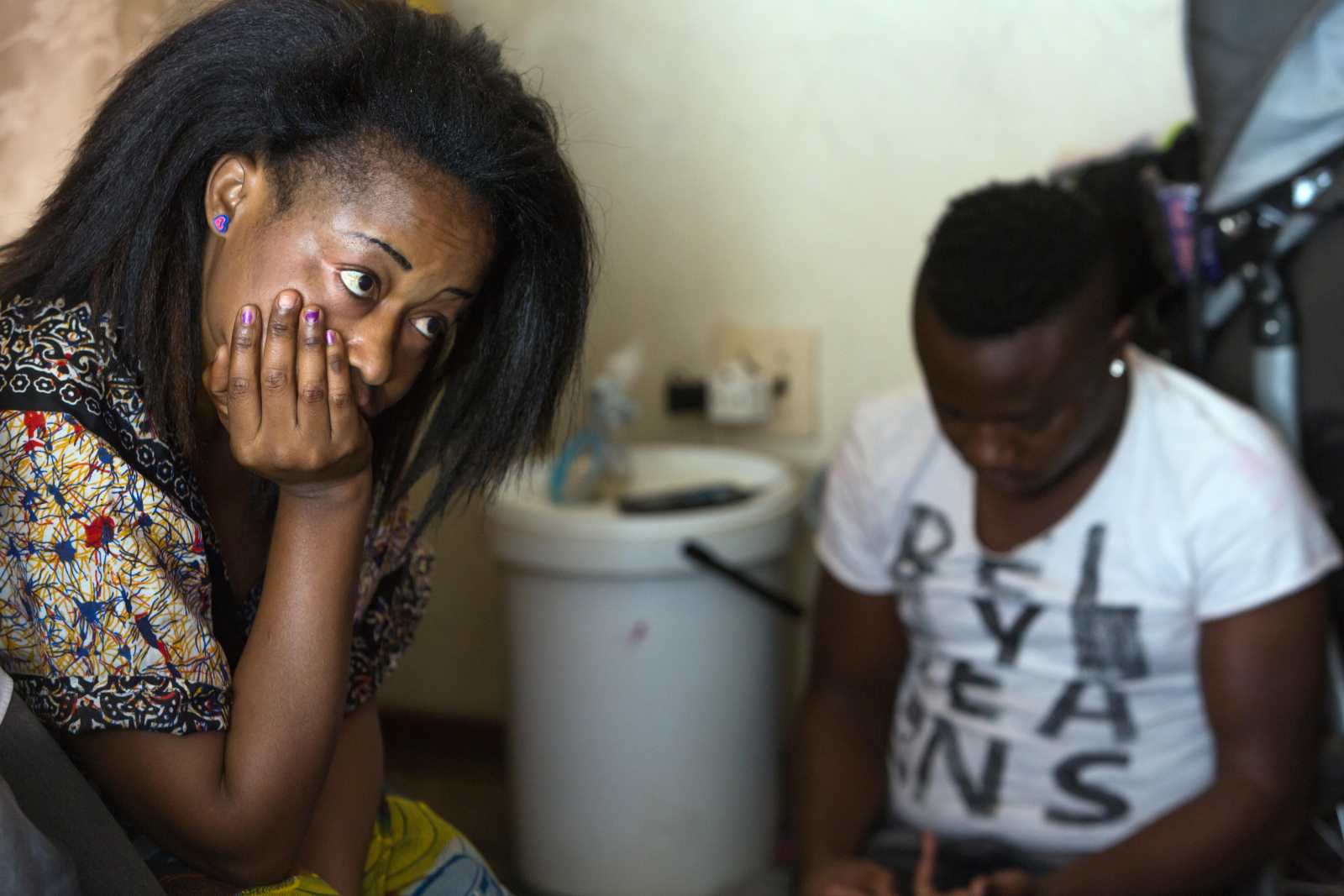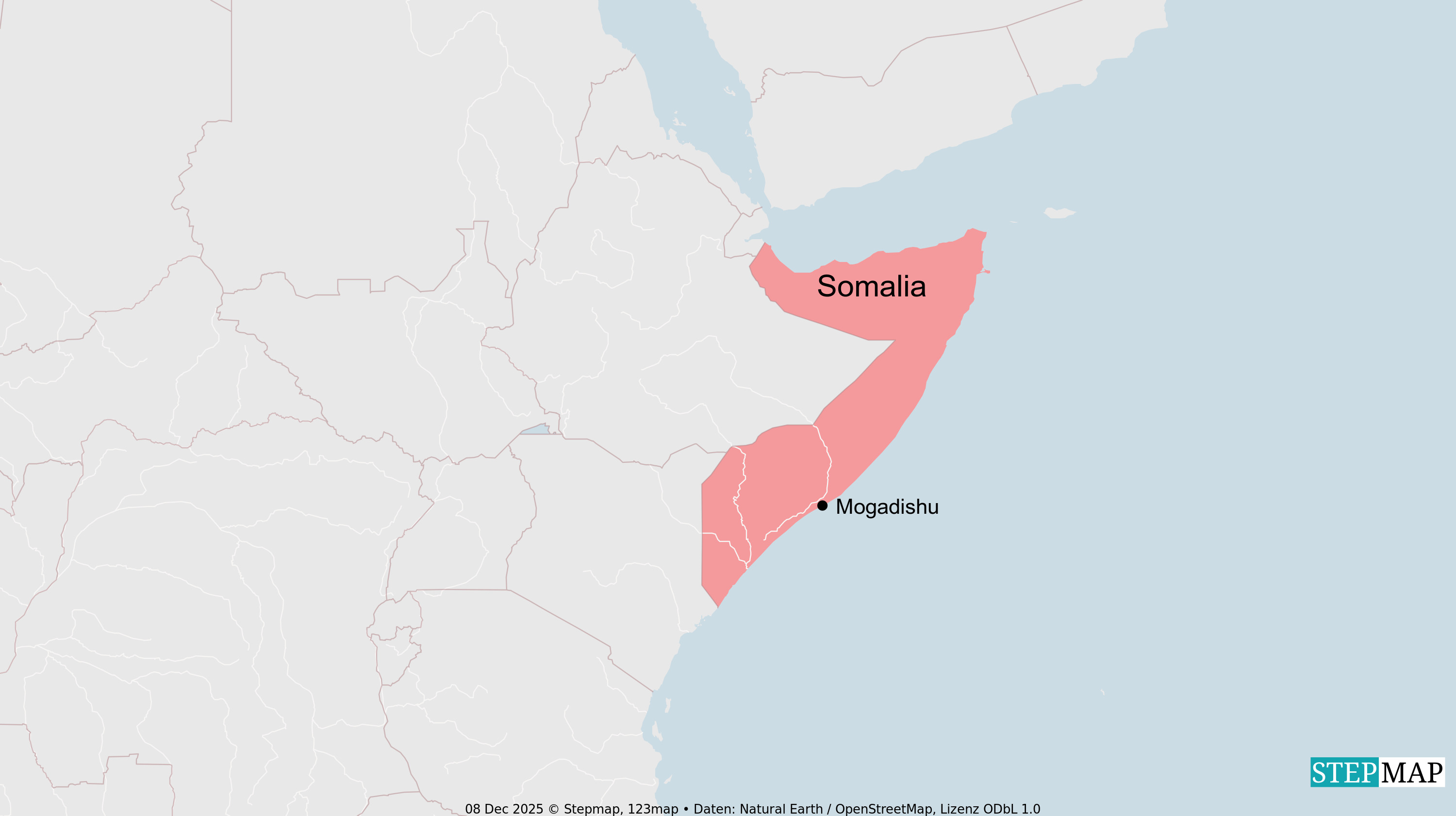Our view
Integration is a shared responsibility

International migration is the exception to the rule. That may sound surprising given the volume of the debate in many parts of the world. But according to the International Organization for Migration (IOM), over 96 % of the world’s population lives in their country of birth. The majority of international migration is also safe and regular. Usually, people migrate to look for work in another country.
Others have to flee – from armed conflicts as well as from natural disasters like floods or droughts, which are being exacerbated by the climate crisis. Their number has recently been growing from year to year, from just under 88 million in 2020 to about 130 million in 2024, according to UNHCR, the United Nations refugee agency. Almost half of these migrants have been internally displaced.
When migrants find work, pay taxes and participate in the social life of a host society, everyone benefits. But everyone is also responsible for integration: both migrants and host societies have to do their part. New arrivals need access to basic infrastructure like housing, healthcare and work. Often special support is needed at first, like when refugees are processing trauma. Both the state and its citizens should lend migrants a hand.
In order for integration to succeed, migrants must also of course be willing to earn their own livelihoods. Statistical surveys of refugees in Germany show that most are doing just that: eight years after their arrival, over two-thirds of refugees have found employment – even though their personal experiences of war and persecution often make them slower to integrate into the labour market compared to other migrants.
Countless examples prove how much investment in integration can pay off. One of the most prominent examples from Germany is that of Uğur Şahin and Özlem Türeci. Both migrated to Germany from Turkey as children. Their company, BioNTech, ultimately developed a vaccine against Covid-19 in record time. Without workers with immigrant backgrounds, entire industries – including nursing, construction, transportation and gastronomy – would collapse not only in Germany, but in other countries as well.
The migration debate is taking a turn
Yet conservative to right-wing extremist forces in Europe, North America and elsewhere have recently succeeded in pushing the migration debate towards rejection, exclusion and fear. This trend is not only having a negative impact on integration, but also, alarmingly, on asylum decisions. In Germany, a study showed that in regions where people are sceptical of foreign immigration, migrants had a lower chance of being granted asylum. That is unacceptable. Asylum decisions should depend on the situation in the country of origin and the credibility of the application.
If migration is primarily understood as a problem instead of an opportunity, it hurts not only migrants but also host societies. Ageing economies like Germany’s are particularly dependent on immigration to secure prosperity. Therefore, we need less fear and resentment in the migration debate and instead more understanding of how integration can actually succeed.
Jörg Döbereiner is the managing editor of D+C
euz.editor@dandc.eu















